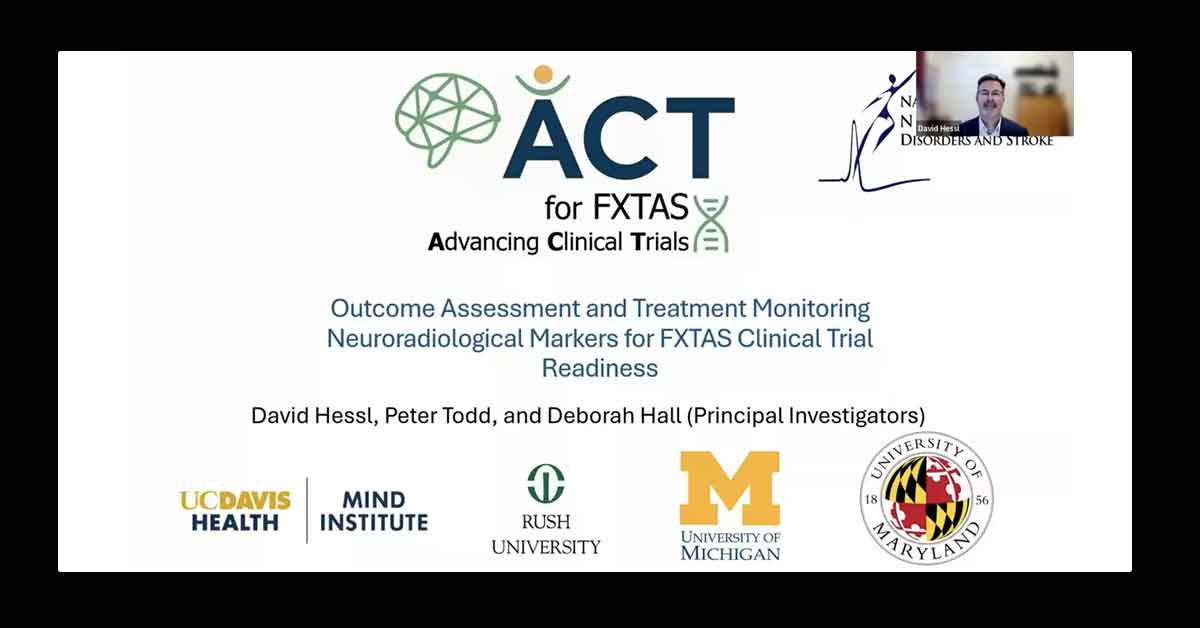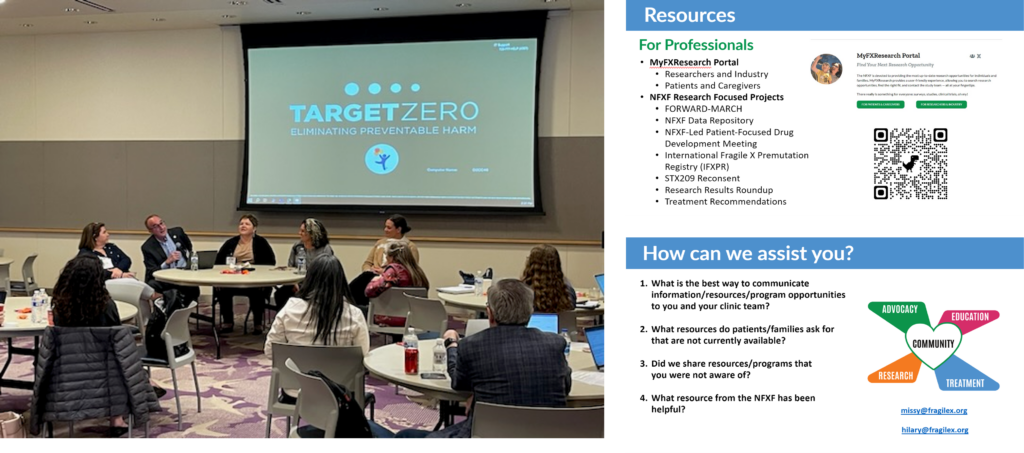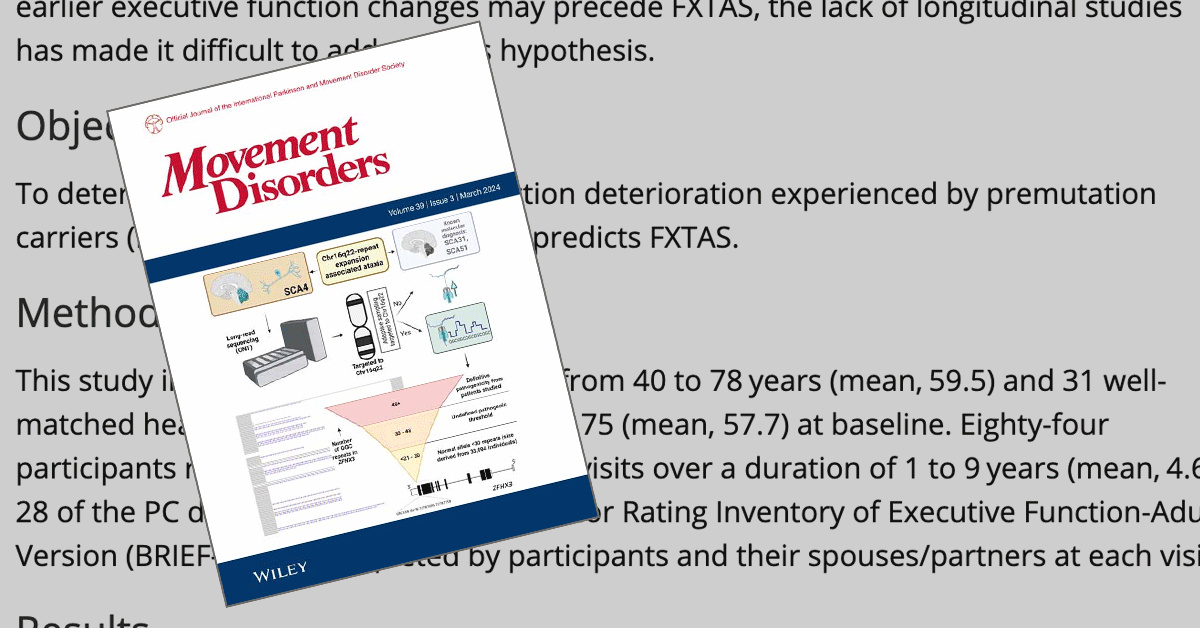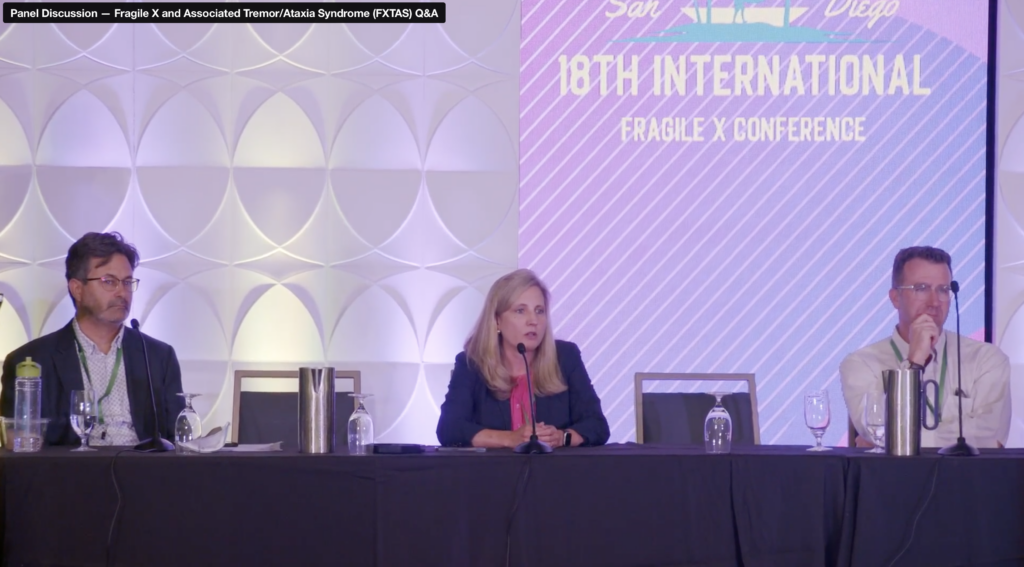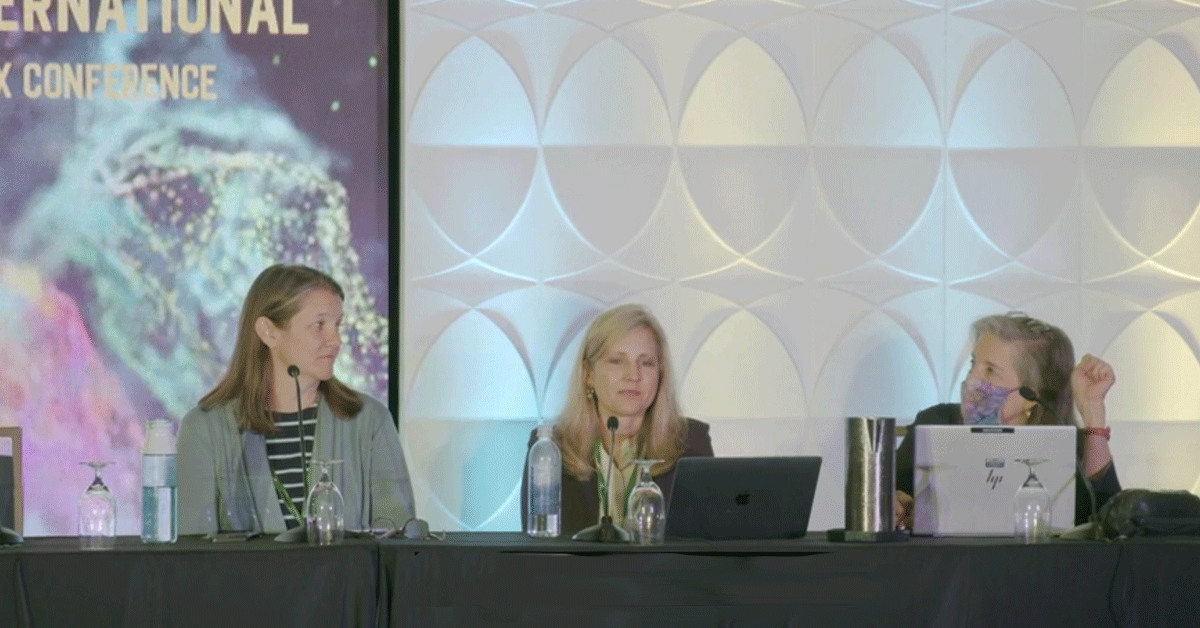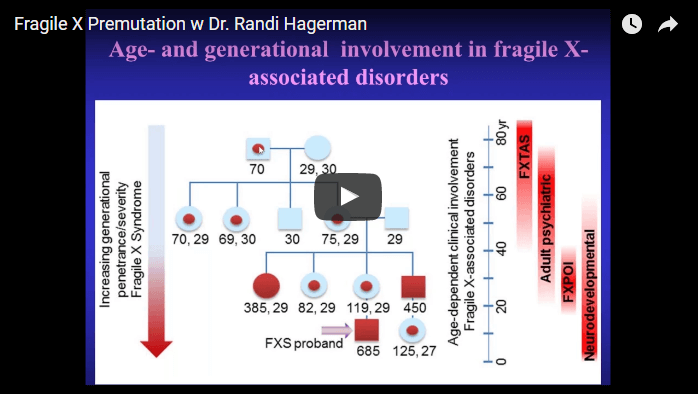Dr. David Hessl joined the NFXF to discuss the exciting new ACT for FXTAS study, funded by the National Institute of Neurological Disorders and Stroke (NINDS).
FXTAS is a chronic disease. If FXTAS patients maintain good general health and do not have other medical problems, many can have fulfilling lives for years after diagnosis. Regular visits to a neurologist, high levels of physical activity, and the use of other therapies and resources are key to sustaining a good quality of life.
FXTAS was first described in five grandfathers of children with Fragile X syndrome in 2001 by Dr. Randi Hagerman and her colleagues.
Two FXTAS videos from two Fragile X experts. Dr. Peter Todd gives an overview of the causes and symptoms of FXTAS, the typical diagnostic journey for those affected, and what to expect for clinical care. Dr. David Hessl gives an overview of the current state of research and drug development related to FXTAS.
Dr. Hessl discusses the details of a longitudinal study that examined executive functioning changes in men living with the FMR1 premutation. He describes how the study was conducted, what the results showed, why they are important, what they mean for the FX community, and the next steps to move us forward.
In 2006, there were 11 medical institutions in the country with doctors and other specialists focusing on Fragile X syndrome. Today, there are more than 30 Fragile X clinics.
Research Summary: This research was very revealing. Currently, we do not have accurate methods to predict who will develop FXTAS and who will not, or when the disease will start.
This Q&A session discussed the FXTAS diagnostic criteria, common symptoms, management strategies, treatments, and the importance of research.
PureTech Health has been awarded a grant from the DOD for their trial of LYT-300, oral formulation of allopregnanolone, in people with FXTAS.
With the establishment of the FXTAS diagnostic criteria and the successful management of the symptoms of this disease, the next steps are focused on finding a cure or reducing the FXTAS progression.
You will get personalized care and evaluation at the Fragile X Syndrome Clinic at Rush — the only clinic for this genetic disorder in Chicago.
Patients, caregivers, junior researchers, and others may benefit from the material in this presentation from Dr. Deborah Hall, neurologist and professor at the Rush Medical College Department of Neurological Sciences.
This study presents the pathological progression of several longitudinally followed patients with FXTAS at the UC Davis Fragile X Research and Treatment Center.
Listen to this webinar to learn more from our esteemed panelists about Fragile X and Associated Tremor Ataxia Syndrome FXTAS.
Each of the panelists answer questions from their experiential perspectives on topics related to the Fragile X premutation, including FXTAS, FXPOI, and other emerging areas of concern.
An expert panel discusses FXTAS, which occurs in premutation carrier men and women when they are over the age of 55. It is associated with tremors, balance problems, and other neurological signs. The expert panel answers questions from caregivers, clinicians, researchers, and of course FXTAS patients.
Fragile X-associated Tremor/Ataxia Syndrome (FXTAS) can occur in individuals with the Fragile X Premutation. FXTAS is associated with tremors, balance problems, and other neurological signs.
Our very own founder, Dr. Randi Hagerman of the UC Davis MIND Institute, joins us to discuss issues in Fragile X premutation carriers.
Family caregivers play a critical role in managing the needs of individuals with FXTAS throughout the illness. People with FXTAS rely on caregivers for a wide range of support — preparation of meals, household chores, transportation, medications, bathing, dressing, feeding, physical, emotional and social care, and managing family money.
Terri tells the story of caregiving for her husband, Vince, for 17 years after he began seeing symptoms of FXTAS shortly after their marriage.



